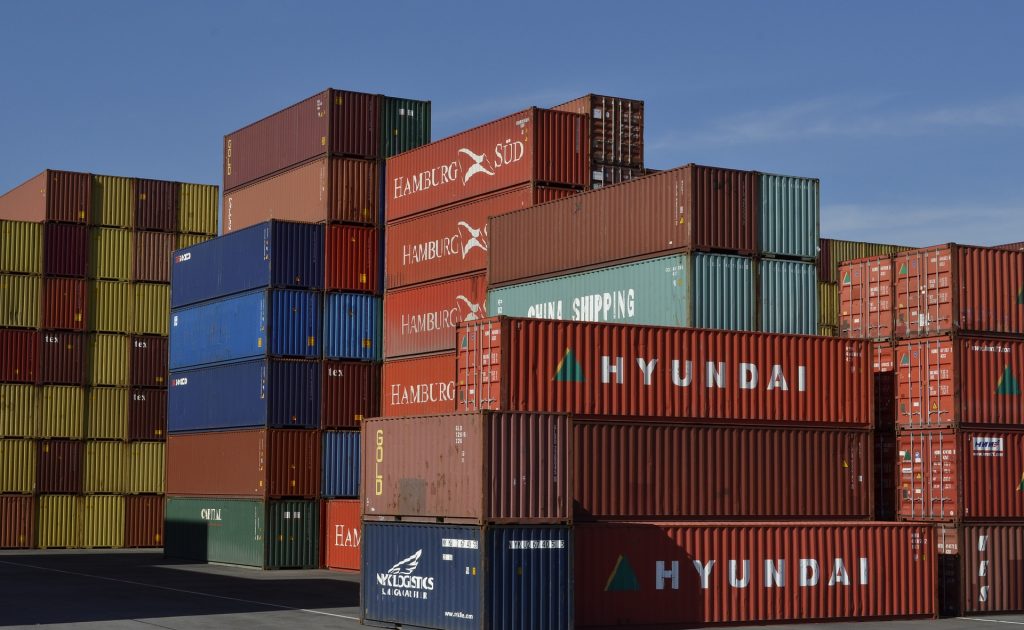- February 11, 2025
- Posted by: tariqcp
- Category: Canadian International Trade


As a duty recovery consultant, I often come across cases where importers seek refunds on duties and taxes paid at the time of importation. A recent appeal before the Canadian International Trade Tribunal (CITT) highlights the complexities involved in such claims. This case, involving J. Hyde’s attempt to recover duties and taxes on a recycling deposit for aluminum beer cans, underscores the importance of understanding customs valuation rules under the Customs Act.
Background of the Case
J. Hyde imported five cases of beer in aluminum cans from the United States. The Canada Border Services Agency (CBSA) assessed duties and taxes on these goods, including a recycling deposit mandated by Michigan state law. After consuming the beer, J. Hyde returned the empty cans to the U.S. and received a refund for the recycling deposit. He then applied for a refund from the CBSA, arguing that the portion of duties and taxes assessed on the deposit should be reimbursed.
CBSA denied the request, and J. Hyde appealed, citing various provisions of the Customs Act and arguing that the recycling deposit was not part of the value for duty.
Key Legal References
The case centered around the interpretation of the following sections of the Customs Act:
- Section 45(1): Defines “price paid or payable” as all payments made directly or indirectly to the vendor in respect of the goods.
- Section 48: Establishes the transaction value method for determining the value for duty, requiring that all payments related to the goods be included in the assessment.
- Section 48(5)(c): States that any rebate or price reduction applied after importation cannot be deducted from the value for duty.
- Section 74(1): Lists the conditions under which a refund of duties and taxes may be granted.
Tribunal’s Ruling
The Tribunal ruled against J. Hyde, emphasizing that:
- The recycling deposit was a mandatory charge at the time of purchase, making it a necessary component of the total price paid.
- The deposit was included in the value for duty at importation, meaning duties and taxes were correctly assessed based on the full price.
- Subsequent refunds do not affect the original customs valuation, as per Section 48(5)(c) of the Customs Act.
- There are no provisions in the Act allowing a refund in this scenario, since the deposit was neither an overpayment nor an error in assessment.
Lessons for Importers
This case highlights several important takeaways for businesses and individuals involved in cross-border trade:
- Understand Valuation Rules: Importers must be aware that the CBSA includes all mandatory payments in the value for duty, even if certain charges are later refunded.
- No Retroactive Adjustments: Any post-importation changes in price (e.g., refunds or rebates) generally do not affect the original customs valuation.
- Know Your Refund Options: Refund claims under Section 74(1) of the Customs Act are only valid under specific conditions, such as incorrect assessments or duty overpayments.
- Seek Expert Advice: Engaging a duty recovery consultant can help importers navigate customs laws and identify legitimate opportunities for refunds.
Conclusion
While J. Hyde’s case may seem straightforward, it demonstrates the strict application of customs valuation rules in Canada. Importers should proactively review their duty payments and consult with experts to explore potential savings while ensuring compliance with CBSA regulations.
If you have questions about duty recovery or customs compliance, feel free to reach out for professional guidance.
